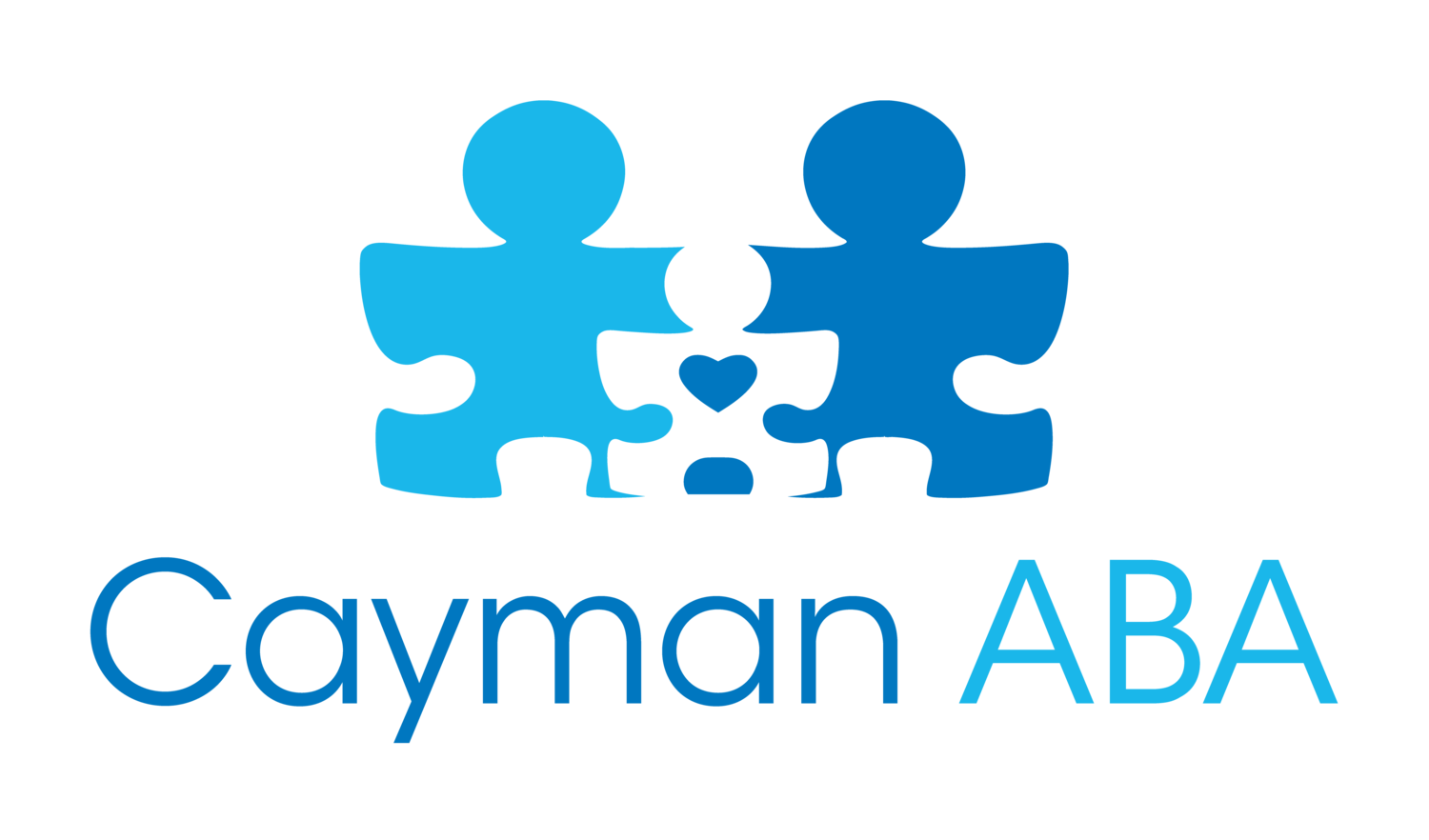Prompting: What is it?
In ABA, we always want our clients to succeed in everything they do. We want clients to feel empowered, supported, and know that they have the ability to do anything they set their mind to. A very common aspect of ABA includes something called prompting. Prompting is simply encouraging or assisting an individual to do something. In the case of ABA, we are assisting the client to respond appropriately. Essentially, we are adding or modifying a stimulus to evoke a correct response or behaviour. There are several different types of prompts, so let’s break it down with descriptions and examples of each.
Partial Verbal: Saying the beginning of the correct response, so the learner can say the rest
Ex: Asking the learner, “What is your name?” and providing part of the correct answer, “My name is … “
Full Verbal: Telling the learner what to do, or saying the correct response
Ex: Asking the learner, “What is your name” and also providing the complete answer, “my name is Bobby”
Visual: Providing pictures or textual cue to evoke the correct response
Ex: Asking, “What is your name?”, and providing a card that says “Bobby” on it
Gestural: Gesturing or pointing to the correct response
Ex: Asking for the toy cow, and then pointing to toy cow
Modeling: Showing the learner what to do before they do it
Ex: Showing the learner how to put toys into a box for clean up, and the learner follows by putting toys into the box
Proximity: Increasing the closeness of the correct response
Ex: Asking for the picture of the pig, and pushing the picture of the pig closer to the learner
Partial Physical: A small and quick physical touch to direct the learner in the right direction
Ex: Gently tapping or guiding the client’s arm in the right direction to grab the correct item you asked for
Full Physical: Also known as ‘hand over hand’, we provide full physical guidance for the learner
Ex: Using ‘hand over hand’ guidance to learn how to hold a pencil
These are all examples of how we use prompts in ABA. The ultimate goal of prompting is to encourage the learner to respond correctly, and praising them for that response.

